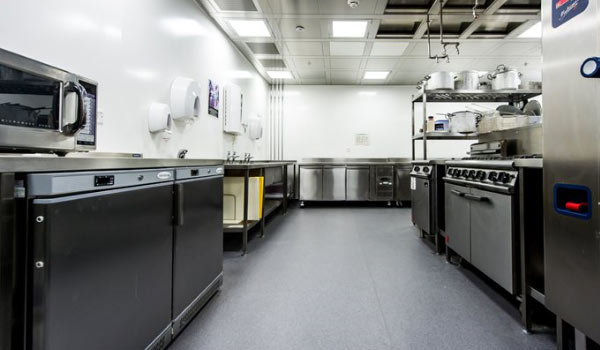
Flooring Types Commercial
Any business will recognize the need for the installation of a high quality flooring that may withstand years of heavy-traffic. And when thinking about the wide variety of options that are accessible for these firms to think about, there are a few critical factors that much take concern. Here are a few things you should think about when thinking about commercial flooring.

Contractors and building executives have a variety of options, when choosing commercial flooring materials. Manufactures produce floor materials for different uses, including retail stores, cafes, automotive repair shops and producing facilities. Before making an investment in a new floor, investing a bit of time and research is important.
The first step in choosing a floor is deciding what special conditions exist in the installation space. Floors installed in a mechanic shop will need to be more durable and chemical resistant than floors installed in retail outlet stores. In addition to human traffic, it is important to consider other elements that might come in contact with the floor, including chemicals, oil, water and organic materials.
Durability is a component in all floor coverings. While a floor installed in a commercial kitchen wants to resist the pounding of chefs and line cooks, a floor installed in the locker room of a golfing resort wishes to also be in a position to handle the workout a couple of golf shoes has to give. Floor sturdiness points to consider includes the amount of traffic the floor will receive, along with the type of traffic expected.
Commercial flooring comes in materials designed for indoor and outdoor use, and some floor types may be employed for outside or inside use. Outside locations need flooring that can withstand the elements. Indoor floors, while sheltered from the sun, rain, snow and snow, must be able to bear other elements,eg continual traffic and heating and air conditioning effects.
The first step in choosing a floor is deciding what special conditions exist in the installation space. Floors installed in a mechanic shop will need to be more durable and chemical resistant than floors installed in retail outlet stores. In addition to human traffic, it is important to consider other elements that might come in contact with the floor, including chemicals, oil, water and organic materials.
Durability is a component in all floor coverings. While a floor installed in a commercial kitchen wants to resist the pounding of chefs and line cooks, a floor installed in the locker room of a golfing resort wishes to also be in a position to handle the workout a couple of golf shoes has to give. Floor sturdiness points to consider includes the amount of traffic the floor will receive, along with the type of traffic expected.
Commercial flooring comes in materials designed for indoor and outdoor use, and some floor types may be employed for outside or inside use. Outside locations need flooring that can withstand the elements. Indoor floors, while sheltered from the sun, rain, snow and snow, must be able to bear other elements,eg continual traffic and heating and air conditioning effects.






Flooring Types Commercial
